Code of Conduct
(1) the role of the security personnel and general duties
(A) the role and function of security personnel: to protect life and property, try to avoid losses;
(B) The main responsibilities include:
● prevent unauthorized persons from entering premises and property;
● register visitor data and take steps to prevent disclosure of information to unauthorized persons;
● the supervisor, the car out of the situation;
● Take appropriate measures to seize unauthorized vehicles parked on private roads in accordance with the Road Traffic (Private Roads Parking) Regulations, Cap 374;
Patrol
● prevention and detection of crime, accidents;
● to prevent damage to valuables;
● Accurately report and record all incidents that have occurred;
• deal with emergencies in accordance with the contingency plan set by the employer;
● monitoring security system;
● Keep your keys well;
• Keep in mind the instructions given by the employer.
(2) conduct and conduct
● You can not sleep, smoke, drink or engage in illegal activities when you are on duty;
● when the value can not make a violation of security personnel duties, such as negligence and so on;
● must be on time to work, use the clock or sign in the book signed record time to work;
Courtesy
● Before get off work must first meet with the staff to clearly clear to leave;
● maintain a good relationship with the customer.
(3) uniforms and equipment
(A) uniforms
● Wear suitable uniforms;
● uniform to keep clean.
(B) equipment
● The types and uses of general security equipment, including but not limited to closed-circuit television, radio, video and patrol systems;
● Understand the operation of the device.
(4) legal liability, the relevant laws and the handling of confidential documents
(A) Security and Guarding Services Ordinance (Cap. 460)
● notify the Commissioner of Police of the following matters in writing:
– conversion of any agency (other than a licensed security company);
– the criminal proceedings involved in itself (to be notified within 14 days of the incident).
● Understand the following:
– to carry a security officer’s license at the time of duty; and to produce the document at the request of the police officer for inspection;
– only the security of the designated category of the license;
– no more than 372 hours of work per month, the daily work is usually not more than 12 hours;
– General functions and work of the Security Panel and the Police Licensing Section.
(B) Personal Data (Privacy) Ordinance (Cap. 486)
• the importance of the regulations and the matters to be noted for visitors’ registration:
– Do not open or place the guest register on the security counter;
– take all appropriate measures to prevent visitors from knowing from the register the personal data of other visitors
material;
– the registration should be kept in good condition;
– all filled the register must be fully submitted to the company designated personnel to retrieve the company;
– All registries or documents relating to personal data must be stored in a locked metal cabinet,
Save for 6 years;
– the key to the company designated personnel to keep safe (usually above the manager level);
– No need to re-use the confidential documents must be chopped before discarding.
(C) the Criminal Procedure Ordinance (Cap. 221) concerning the arrest and use of force
● Understand the following:
– the power of security guards is the same as that of ordinary citizens and there is no right of search;
– if any crime occurs, should immediately call the police;
– arrests suspects only in safe circumstances with minimal force.
● Be polite when questioning suspects.
(D) Prevention of Bribery Ordinance (Cap. 201)
● This Ordinance prohibits security personnel:
– to receive the money and benefits of the Client or the Contractor in the performance of his duties;
– in any way to obtain money or benefits.
(E) Smoking (Public Health) Ordinance (Cap 371)
● be aware of the area designated as “no smoking area” in the workplace;
● When someone smokes in a no smoking area, it should be handled as follows:
– to the offenders that smoking is not allowed to smoke;
– requiring offenders to smuggle cigarettes or other tobacco products;
– If the offender refuses to cooperate, please leave the no smoking area.
(F) Noise Control Ordinance (Cap. 400)
● Understanding the provisions: –
– no one should send or cause noise, and the noise is annoying to anyone
The root cause;
– any owner, tenant, occupier or person in charge of the premises, knowing or permitting
The sound is emitted by the dwelling place, and the noise is the source of its annoyance to anyone
Is a crime.
● Know: –
– different types of activities that constitute noise, and the activity is prohibited within the time specified in the provision
Of;
– Proper handling of noise complaints in residential spaces or public places.
(5) telephone newspaper is more notice
Telephone newspaper is the security officer at a specified time through a straight line to the company reported. The move is for security front
Employees provide a high degree of security. If the security officer fails to report within the specified time, the company will immediately follow up
And investigation action.
(6) supervisor / supervisor inspection instructions
(A) If there is a report, the supervisor or supervisor of the off-site shall inspect at least once a week.
(B) No supervisor, supervisor or supervisor of the off-site shall inspect at least once a day.
(C) supervisor / supervisor inspection is completed, please fill in the pen with a pen, with letters of clarity fill in the name or
Staff number, and in the final side plus autographed.
(7) fire precautions and contingency procedures
(A) fire precautions
● the main cause of the fire, such as accidentally abandoned the cigarette butts are not extinguished;
● the use of fire equipment and maintenance;
● Fire protection measures, including proper use of smoke doors.
(B) contingency procedures
● the correct procedure for using fire fighting equipment;
The action to be taken when a fire occurs;
● the level and type of fire, as well as local small fire treatment methods;
The information to be provided by the fire report;
● evacuation procedures.
(8) to cope with an emergency
(A) shall remain calm when an emergency occurs;
(B) inform the police and superior to seek assistance;
(C) to assist law enforcement officers, technical personnel or interested persons;
(D) take appropriate action in accordance with the contingency plan in the event of the following emergency:
* Crime
* Fire
Somebody is ill or injured
* Power failure
* Gas leaks (do not use the radio or switch any electrical appliances, including doorbells, to avoid sparks)
* Lift failure
* Typhoon
* Find bombs or suspicious objects (do not try to touch or wrap the items concerned; in addition, you can not use the radio when guests are evacuated)
* Burglar alarm sounded
* Find suspicious characters
* Crowd control
(9) reports and records
(A) should not be late for early retirement, and must be clearly and accurately record commuting time;
(B) fill out the accident register, to facilitate the staff to explain the work;
(C) all incidents occurring at the place of work in the accident register;
(D) follow up the event, solve the problem;
(E) in the event of a material incident, notify the superior or the person in charge as soon as possible in order to make appropriate treatment.
(10) hospitality
● work must be sincere and courteous
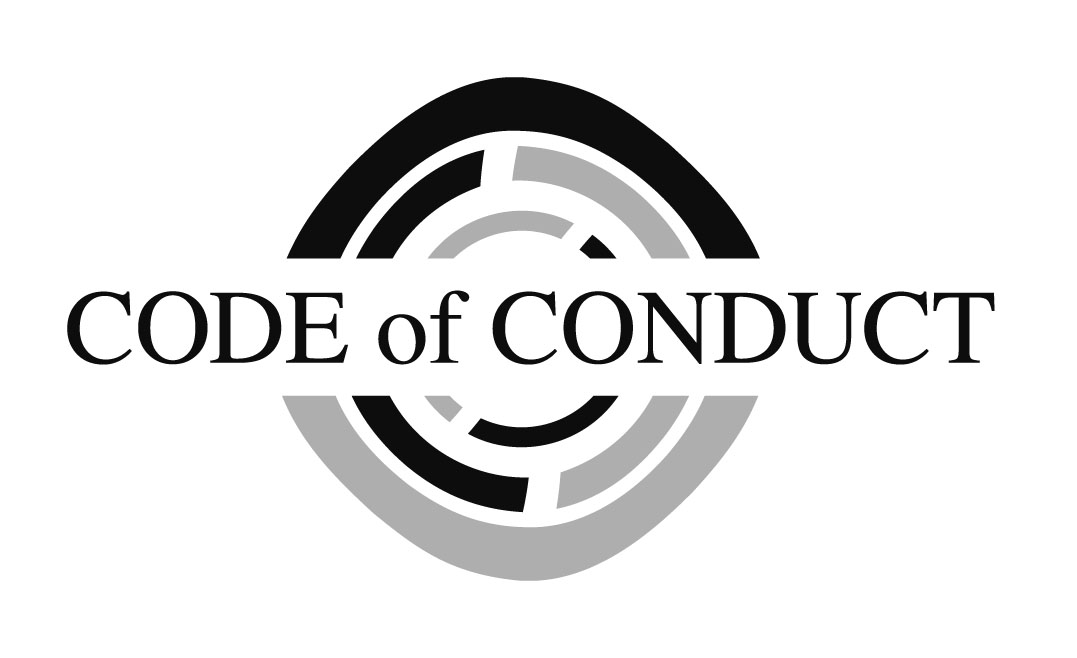
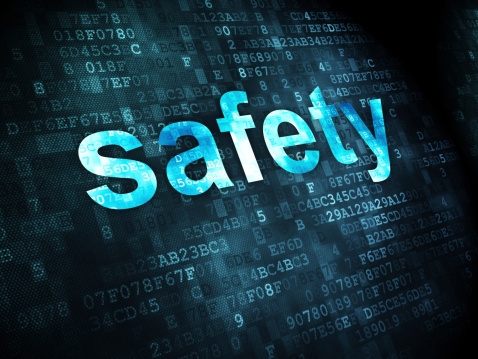

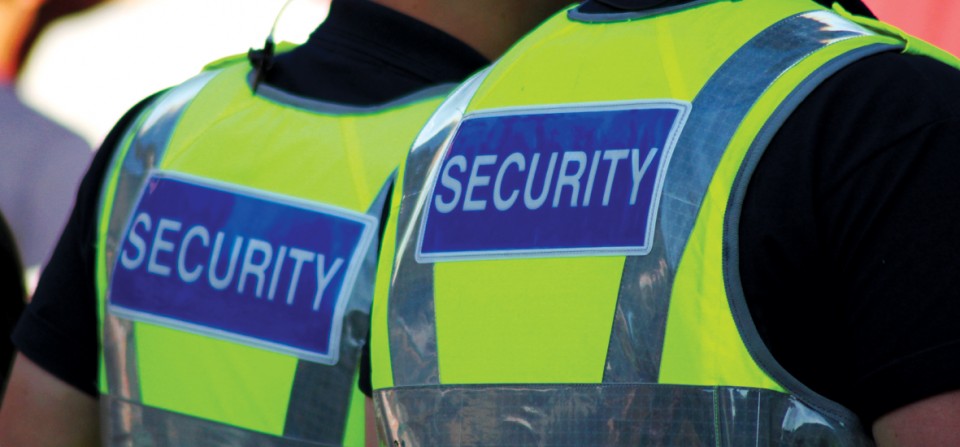
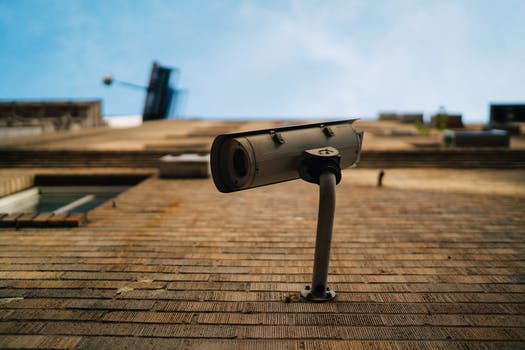

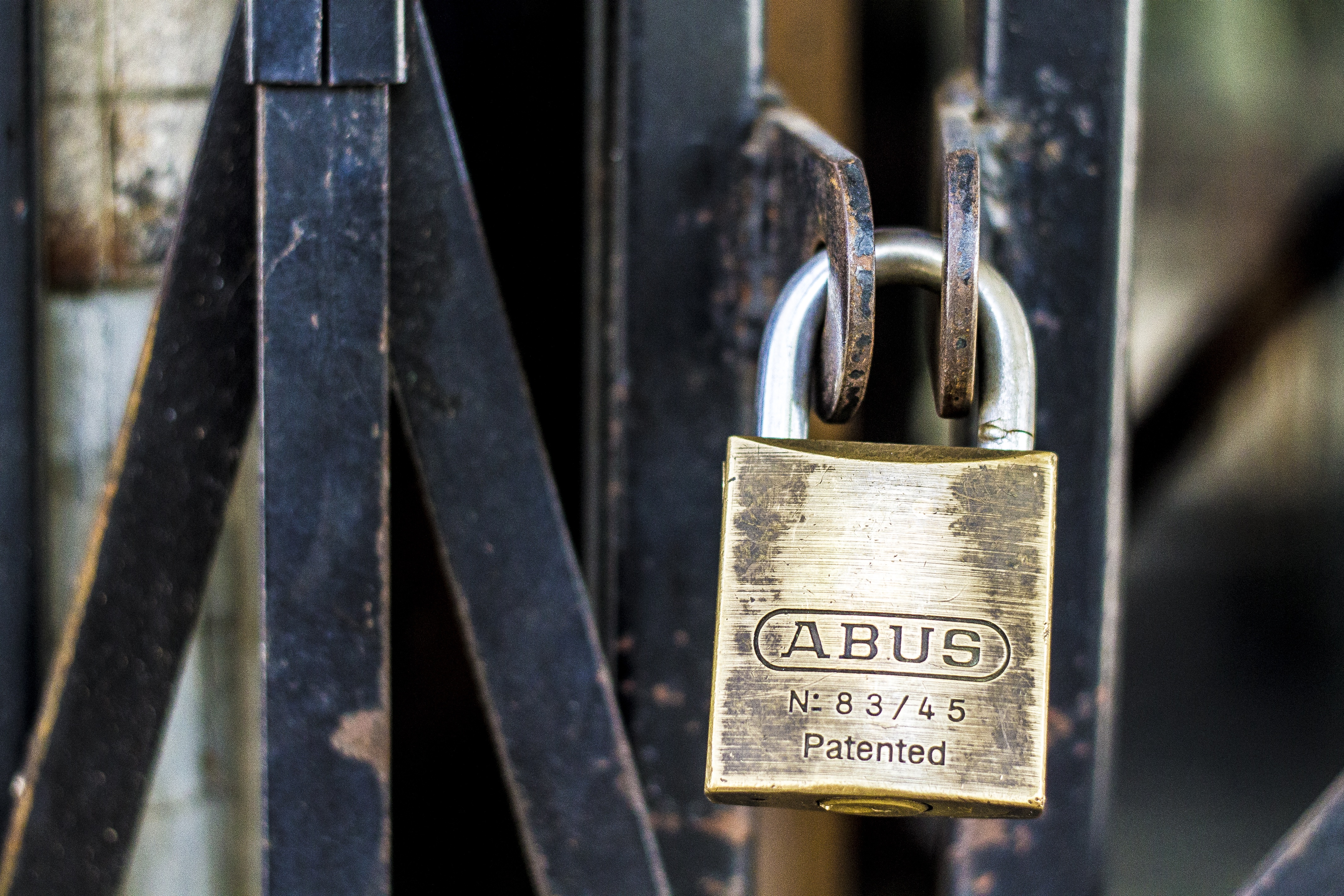


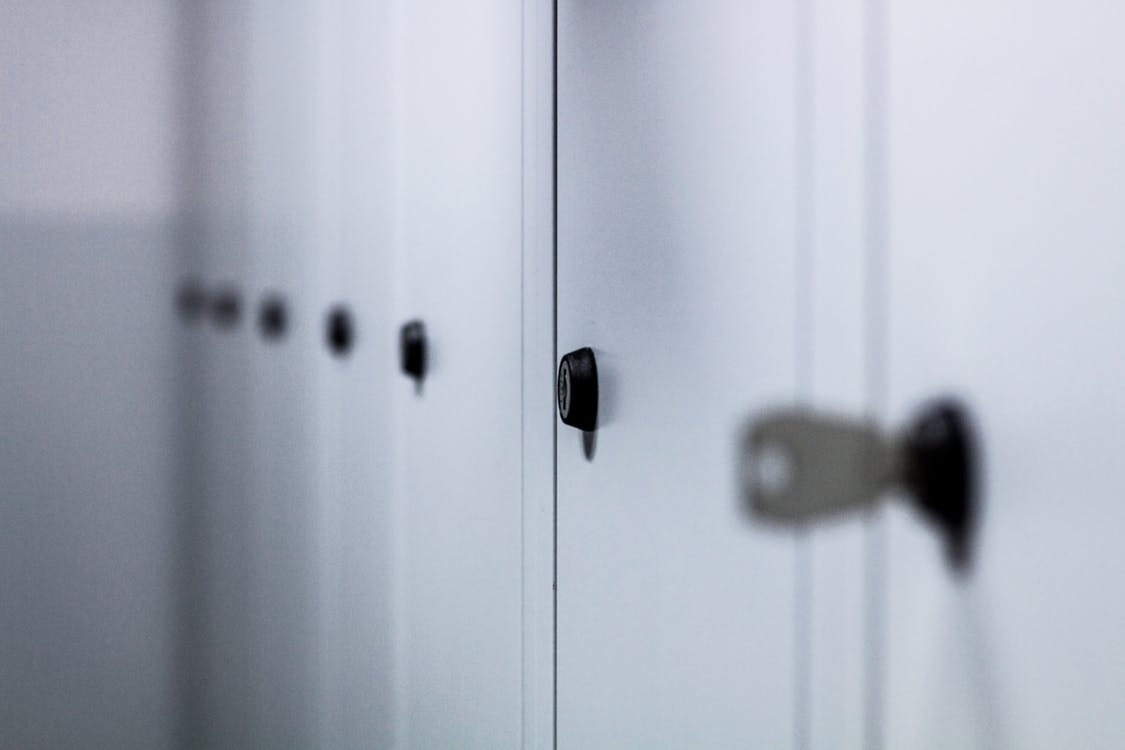

Recent Comments